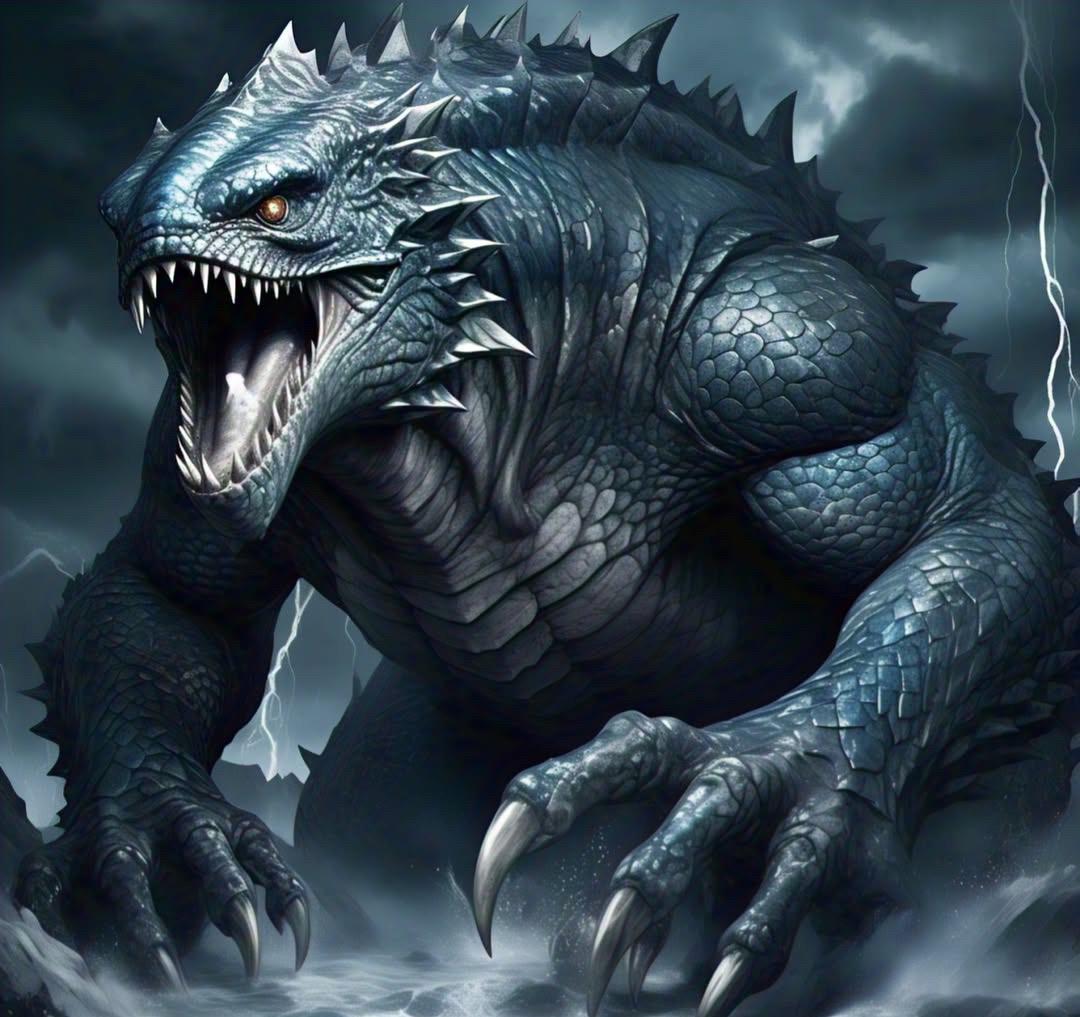Ghost leviathan is The leviathan real
1. Biblical and Mythological Origins:
The term "leviathan" comes from ancient texts, particularly the Bible, where it is described as a huge, fearsome sea creature. It appears in several books of the Bible, including Job, the Psalms, and Isaiah.
In the book of Job (41:1-34), the Leviathan is described as a huge, untamed creature – something that no one can defeat or control. It is depicted as a symbol of chaos and the uncontrolled forces of nature.
In the Psalms (74:14), the Leviathan is seen as a creature that was defeated by God as part of the creation of the world, representing God's power over chaos.
In Isaiah (27:1), the Leviathan is associated with the forces of evil, and God is seen ultimately triumphing over this destructive entity.
In these ancient texts the Leviathan symbolizes a powerful, untamed force of nature – something primitive and terrifying. It represents chaos and the unknown depths of the world.
2. Thomas Hobbes and the Political Leviathan:
The concept of Leviathan took on a much deeper meaning when Thomas Hobbes, an English philosopher, used the term to describe a powerful and necessary authority in society in his 1651 book, Leviathan.
Hobbes' View of Human Nature:
Hobbes' view of human nature was very bleak. He believed that, in the "state of nature" – before governments or social rules – humans would act out of self-interest, driven by their desires and fears. Hobbes argued that without any authority to control people's actions, this would lead to constant conflict, violence, and insecurity, where life would be "solitary, poor, nasty, brutish, and short."
Social Contract:
To escape this chaotic state of nature, Hobbes proposed the idea of a social contract. He argued that people would agree to surrender some of their natural freedoms to a central authority (which he called the Leviathan) in exchange for safety and protection. This would allow society to function in an organized and peaceful manner.
The Leviathan, in Hobbes's view, would be a ruler, sovereign, or government with absolute power, whose main role is to maintain order, prevent conflict, and provide security to its citizens. People would give up their right to act freely in exchange for the benefits of living in a stable, organized society.
Leviathan as Sovereign Power:
For Hobbes, the Leviathan was not just any government, but a government with absolute power. He believed that a powerful ruler or central authority was necessary because any weak system would lead to disorder and conflict. Therefore, the Leviathan represented a strong, centralized government that could control society and prevent the chaos of individual desires.
In Hobbes' philosophy, Leviathan is both a symbol and a mechanism for maintaining social order and ensuring that society does not descend into violence and chaos.
3. Modern Usage:
In modern contexts, the term "leviathan" is often used more broadly to describe any huge, powerful entity that exerts significant control or influence over people's lives. It can mean:
Governments or state institutions that have significant control over their citizens.
Corporations or business groups that are so large and powerful that they influence the economy or even politics.
Social systems or bureaucracies that seem overwhelming and impersonal with their vast structures and far-reaching effects on everyday life.
The term can have negative connotations, implying that these powerful forces are overly controlling, oppressive, or difficult to challenge.
4. Leviathan as a Symbol:
Order vs. Freedom: One of the central tensions with the idea of Leviathan is the balance between order and individual freedom. Hobbes saw Leviathan as a necessary evil to ensure peace, but modern thinkers often debate whether such concentrated power is beneficial or dangerous. "Leviathan" can be seen as a protector of peace, but it can also become a source of tyranny or oppression if not stopped.
Fear and Control: Leviathan can also represent the fear people have of being controlled by a system that is too large or impersonal. Whether it is a government, a corporation, or any large entity, Leviathan can serve as a reminder of the potential for abuse of power and the loss of individual autonomy.
Unstoppable Power: Like the sea monster in the Bible, the modern Leviathan is often seen as an unstoppable force that can suppress or crush anything that tries to challenge it. This makes it both a symbol of protection and a symbol of fear.

